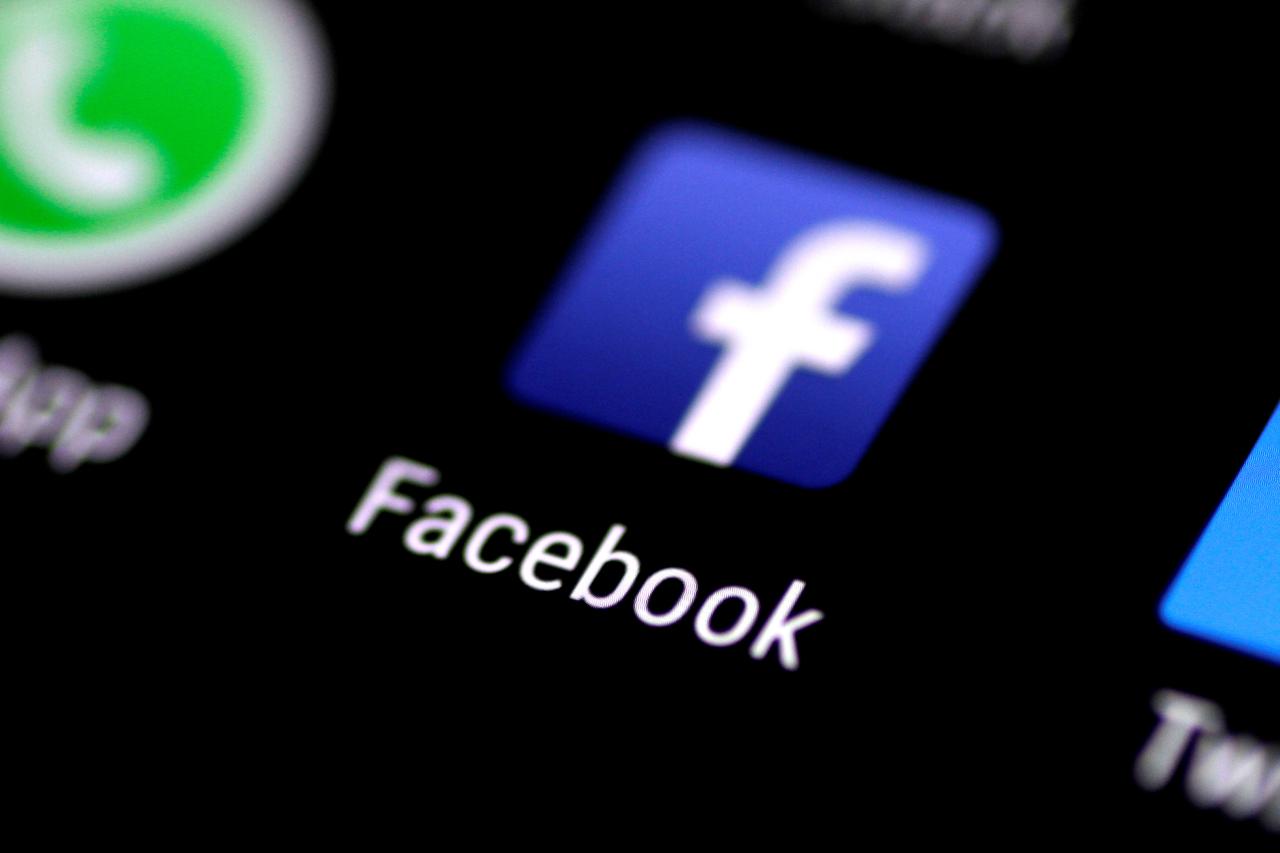According to the news, Facebook stared down mounting anxiety over a leaked internal study regarding the harmful effects of Instagram for teenage girls. Tuesday night, in an open letter to Facebook staff, Mark Zuckerberg scoffed at concerns raised by whistleblower Frances Haugen. He doubled down an earlier Facebook claims that the report has been misinterpreted. He wrote “If we’re going to have an informed conversation about the effects of social media on young people, it’s important to start with a full picture. We’re committed to doing more research ourselves and making more research publicly available.”
On the other hand, researchers who conducted the internal study sparking controversy already knew that Instagram makes teen girls feel worse about their bodies causing anxiety, depression, and suicidal thoughts. Megan Moreno, principal investigator of the Social Media and Adolescent Health Research Team at the University of Wisconsin-Madison said Haugen’s interpretation of the internal research squares perfectly with other work done on social media like Instagram. She said “I didn’t feel like it was tremendously surprising. For a certain population of youth, exposure to this content can be associated with diminished body image, or body image concerns,” Moreno says. “I didn’t feel like it was tremendously surprising.”
Social media researchers have spent around ten years gathering evidence on how teens are affected by social media. Studies have found teen and preteen girls who use Facebook are less satisfied with their bodies and do more self-objectification.
In 2014, a study was conducted on around 100 middle and high school girls. It was found that those who spent more time with Facebook photos had more weight dissatisfaction and are more inclined to be thin. Another study found that girls who spent more time online and on social media were more likely to diet. Recent studies conducted on Instagram platform show identical results. A 2016 study found seeing images of peers and celebrities on Instagram led to more body dissatisfaction.
Facebook on the other hand defended itself by pointing out Instagram makes other teens feel better about themselves and teens who are confident themselves might not be negatively affected by Instagram. Monroe took a dig at this and said “The rich get richer, and the poor get poorer. If you’re acknowledging that the people you harmed were already at risk, that suggests you’re uniquely disabling people that are vulnerable, I’m not sure that argument suggests that you’re out for people’s best interests.”
Facebook pointed that the number of people surveyed in some cases was small but according to Monroe, researchers would most probably come to a ‘similar’ conclusion with bigger survey data sets.
